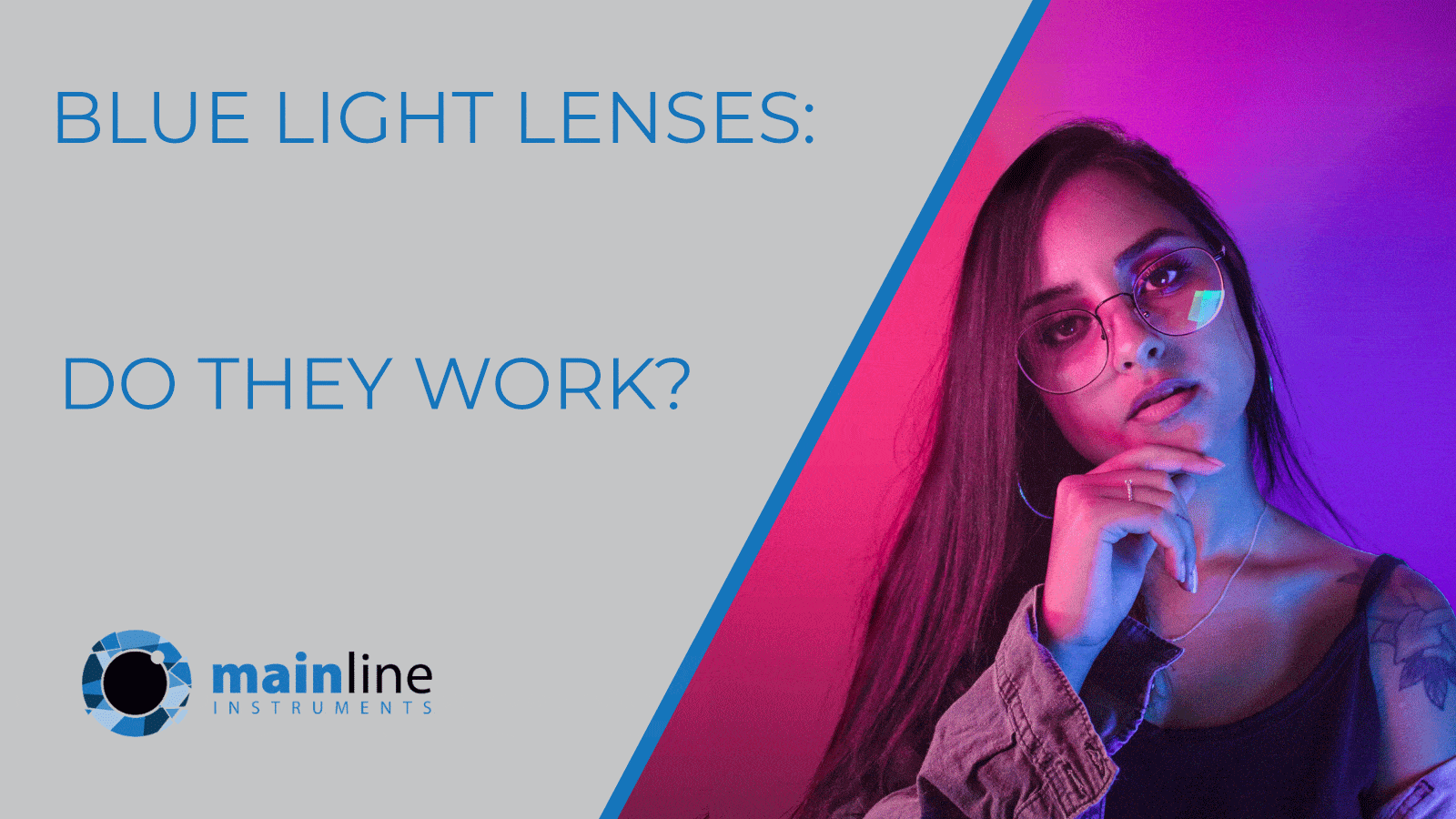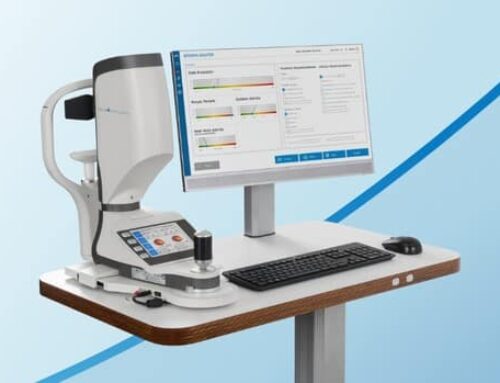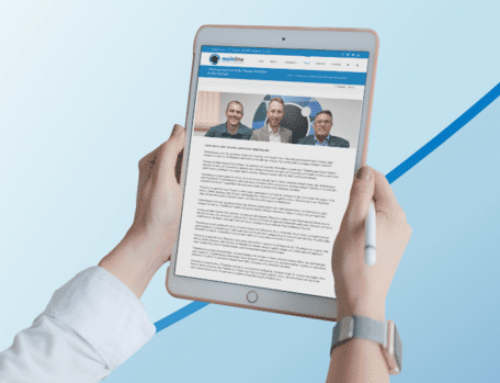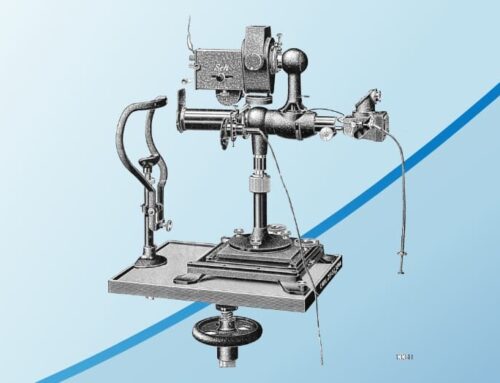Blue light lenses have gained in popularity over the last few years, with more and more people turning to them to stop any negative side effects from constant screen use and blue light emission, such as headaches, dizziness or blurred vision. But do they actually work?
What is Blue Light?
Blue light is a short-wave blue light in the spectrum of colours visible to the human eye. Computers, laptops, tablets and smartphones all emit a type of blue light. With more screen time becoming part of our daily lives, researchers have done studies to see if this light can be harmful to the eyes.
Certain researchers believe that peak light damage occurs roughly at 440 nm, with blue light being between 400 and 500 nm. Blue light lenses have a filter in that blocks this light from reaching the eyes and causing damage.[1]
But do they actually work?
Manufacturers of blue light lenses claim they do work, with some customers also claiming that the glasses have helped with their vision and headaches caused by excessive screen time.
However, there is no actual evidence of this, with no official body confirming any of the statements as fact. [2] The College of Optometrists position is as follows;
“The best scientific evidence currently available does not support the use of blue-blocking spectacle lenses in the general population to improve visual performance, alleviate the symptoms of eye fatigue or visual discomfort, improve sleep quality or conserve macula health.”
How they arrived at this position:
They performed a systematic literature review, with a view to addressing four questions:
Are blue-blocking spectacle lenses effective in improving visual performance?
Are blue-blocking spectacle lenses effective in alleviating the symptoms of visual fatigue or discomfort?
Are there any structural changes in the macula following the intervention?
Are blue-blocking spectacle lenses effective in improving sleep quality?
They used 3 randomised controlled trials in the review. The certainty of evidence using the GRADE approach was considered to be ‘low’ or ‘very low’ for visual performance, eye fatigue and sleep quality. (GRADE: Grading of Recommendations Assessment, Development and Evaluation).
No studies reporting on the effects of blue-blocking spectacle lenses on macula health were identified.
References
[1] https://www.ncbi.nlm.nih.gov/pmc/articles/PMC6020759/
[2] https://www.college-optometrists.org/the-college/policy/position-statements/blue-blocking-spectacle-lenses.html







